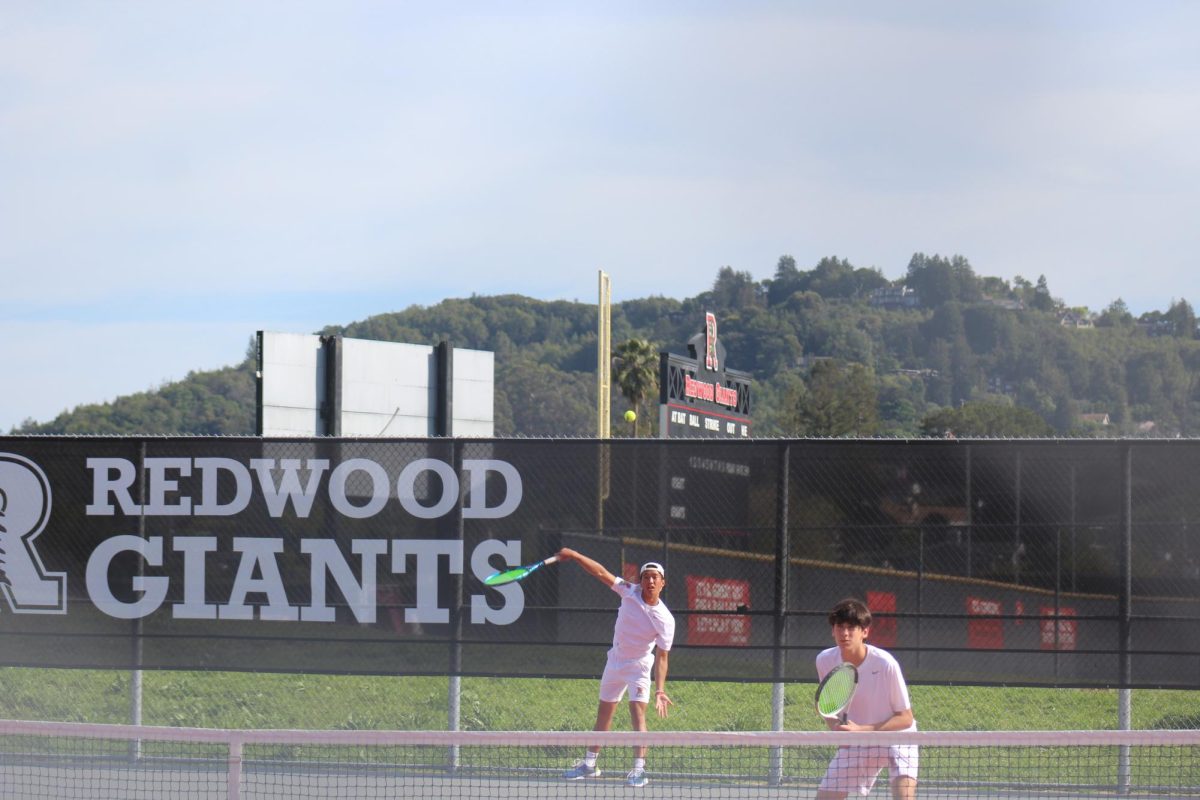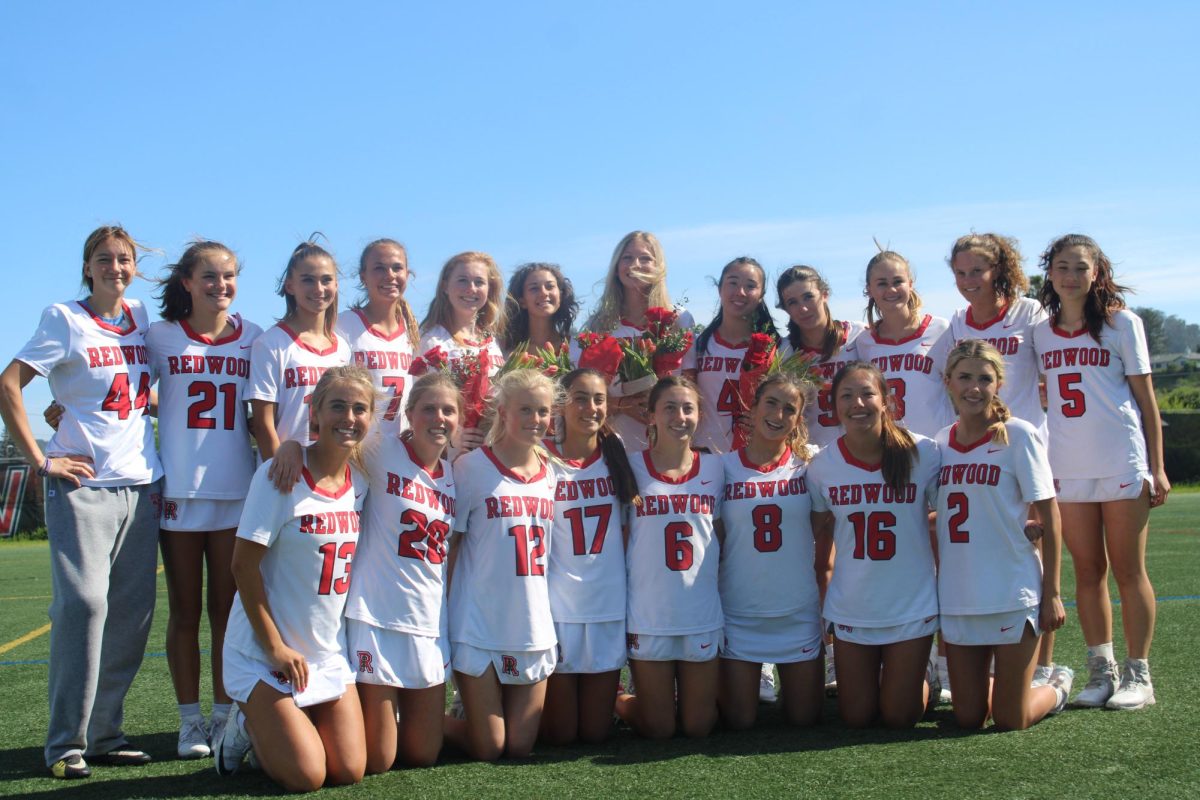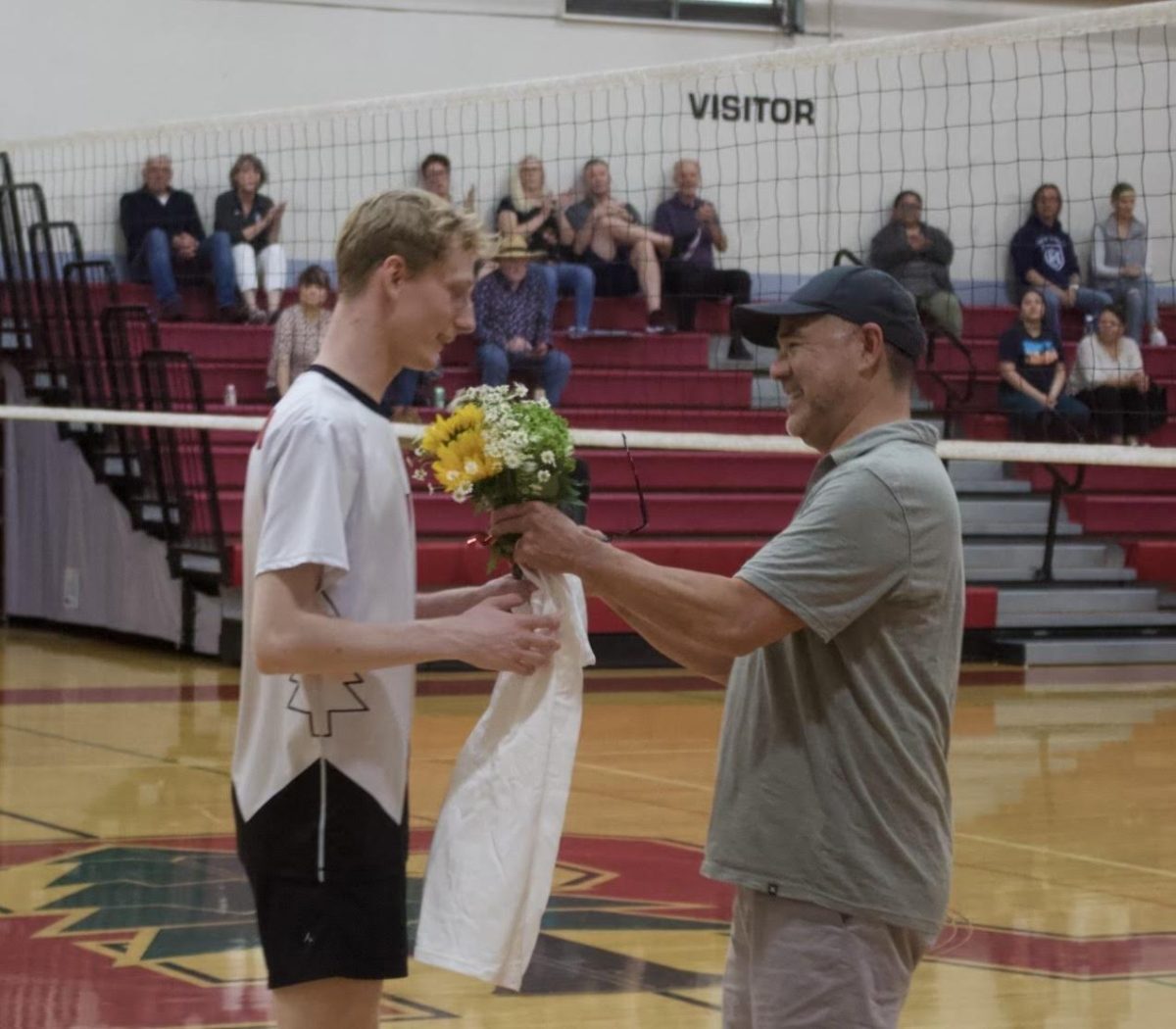Fentanyl takes a dangerous, multi-colored form
October 28, 2022
On Sept. 28, the Drug Enforcement Administration (DEA) seized 15,000 multicolored pills on the Manhattan side of the Lincoln Tunnel in New York City. These pills were stored in LEGO boxes and were imprinted with “30 M,” indicating 30 milligrams (mg) of oxycodone hydrochloride. Despite their misleading labels, the pills were actually all laced with fentanyl.

In an ABC interview, Bridget Brennan, New York City’s Special Narcotics Prosecutor since 1998, indicated the visual similarities between the pills, known as ‘rainbow fentanyl,’ and candy. Brennan emphasized the importance of spreading current and accurate information to the public about this new form of fentanyl that is being distributed.
“This investigation uncovered a trove of dangerous rainbow fentanyl pills worth up to $6 million on the street, plus an estimated $3 million in powdered fentanyl,” Brennan said.
The price of the pills is not the only staggering aspect of the drug, as many families in our community have been affected recently.
Ed Ternan is the father of Charlie Ternan, a 22-year-old college student who lost his life in 2018 due to fentanyl-laced Percocet, a pain medication that he used to self-medicate for his back. Ed has since dedicated a great quantity of time and effort to educating the public on the dangers of the drug.
“[Charlie] never had a chance. He died within 30 minutes,” Ed said. “There is no way to get around it. Over the last few years, fentanyl has taken over and dominated the drug deaths in this country.”
On Oct. 6, the Let’s Talk Workshop Series kicked off with its first discussion of 2022: Just Say Know. The discussions started in 2020, are run by Jackie Davis and have provided essential knowledge to the community. Redwood families were invited to watch and join the meeting, where impacted individuals, including Ed, spoke on the issue. The Zoom meeting reached 200 viewers, and audience members’ questions were answered to aid the community in learning more about the basics of fentanyl, addiction and its dangers.
Due to the increased volume in production of fentanyl, people like Ed have dedicated countless hours to familiarize themselves with fentanyl compounds and problems. After the passing of his son, Ternan created an organization called “Song for Charlie.” This website and organization tell Charlie’s story, the dangers of fentanyl and how to get involved in spreading awareness. Ternan realized that there are astounding numbers of young adults that do not know the dangers of fentanyl. He mentioned that rainbow fentanyl spreads like a wildfire and talked about why the spread is happening.

“The rainbow version [of fentanyl] is not about killing children — the Mexican cartels are in it for the money and product line extension, getting a party pill arena and a broader market to introduce more customers,” Ternan said.
The drug market is expanding, and fentanyl is much cheaper to produce than other drugs because it does not originate from a plant; it is produced in labs from chemicals. The reason that the country is seeing such an increase of fentanyl is because of the cheap price of production.
The Redwood Wellness Center Outreach Specialist, Magdalena Maguire, explained the plan Wellness Center is creating with Peer Resource. Programs at Redwood are trying to spread awareness of dangerous drugs like fentanyl and educate students on the harmful effects of just one pill.
“Fentanyl came in like a bomb, and we are trying to react as best as we can to show our school community how dangerous it really is,” Maguire said.
Maguire emphasized that rainbow fentanyl is in the center of the public eye, and parental awareness, asking questions and attending meetings like the Let’s Talk Workshop Series has great value. This is vital to preventing further deaths and overdoses.
“Parents have the right to be worried about their children and the dangers of rainbow fentanyl. Educating our students and children is the best way that we can prevent rash decision making when it comes to purchasing pills off of the street,” Maguire said.

Students live in a very different world than their parents, and it is clear that there is easy access to pills. Through social media, teenagers have more access to purchase drugs than ever before. Forty percent of all teens surveyed by the National Survey of American Attitudes on Substance Abuse XVI: Teens and Parents, the 16th annual back-to-school survey conducted by Columbia University, have seen pictures of kids abusing drugs or alcohol on social media.
Psychiatry specialist Dr. Jeffrey DeVido from the University of California San Francisco shared the neurological effects and overall experience of fentanyl that he has been studying in the first session of the Let’s Talk Workshop Series: Just Say Know.
“We as humans are hardwired to take risks, so it is essential that we assess the situation and take risks with low consequences,” DeVido said.
When it comes to purchasing drugs off of the street, it has become like a minefield because you never know if a pill is laced. Fentanyl has created an off-the-street drug market that can be extremely scary and dangerous.
“Any pill that is bought off of the street is subject to having fentanyl in it, so if you were to purchase a pill off of the street, I would go in assuming it is fentanyl laced,” DeVido said.
To spread the word about rainbow fentanyl and the destruction it can cause, DeVido said that the best thing the community can do is to talk and spread the word about Narcan. Narcan is a nasal spray that reverses a drug overdose. It is widely available in local pharmacies and convenience stores, as well as at the Spahr Center’s office in Corte Madera along with vending machines in the Marin County Jail Lobby and the Marin HHS Social Services Courtyard in San Rafael.






















